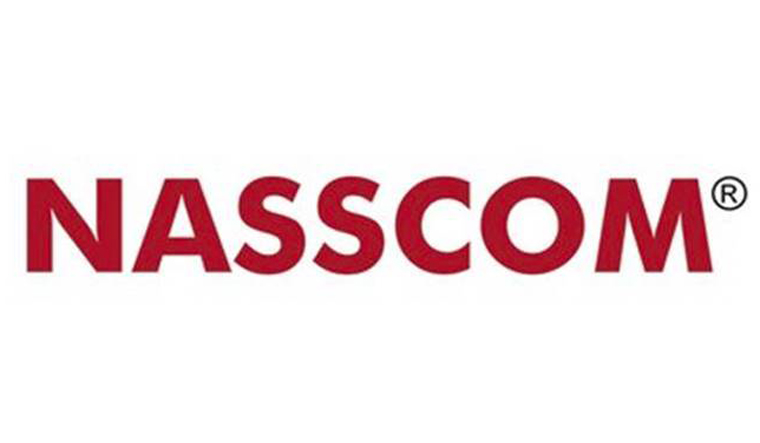Nasscom, the industry body of technology companies, is cautiously optimistic about 2019-20 in the backdrop of global uncertainties such as the looming exit of Britain from the European Union, trade tensions between the US and China, and rising protectionism. Rapidly evolving technologies and a skills shortage are also among key risks flagged by Nasscom.
"While, we are still seeing growth across indicators, whether it's global economy, tech spending, it's definitely not at the pace that we saw in 2018. As Nasscom, we are cautiously optimistic about 2019," said Debjani Ghosh, president of Nasscom.
For the year ending March 31, Nasscom had earlier forecast the industry to grow in the 7-9 per cent range. It now expects the year to end with export growth of 9.2 per cent and domestic industry growing 7.9 per cent.
The current fiscal may be ending on a strong note, speed bumps loom in the year ahead.
"There are a lot of uncertainties in 2019 and we at this stage don't know how they will play out. March 29, what happens with Brexit, is it going to be a no-deal Brexit, what's going to be the impact of that, what's going to happen between (the) US and China, how will India-US relation play out, and tech regulations... Every day we see some new announcements from governments across the world on regulation. This has the potential to completely cripple an industry and also has the potential to significantly grow an industry," said Ghosh, speaking on the sidelines of the Nasscom Leadership Forum in Mumbai.
The industry body did not give a guidance for the 2019-2020 fiscal year, breaking its past tradition, and instead, now, aims to provide a survey of CEOs based on various parameters, including how they see the year ahead.
"We are moving away from the guidance as a philosophy of how we want to present the direction of how the next year is going to look. We think, doing it with a survey, which is broad-based, which represents whole multitude of stakeholders we work with and presenting back to you the facts as they are so you can interpret from them," said Rishad Premji, chairman of Nasscom.
According to the Nasscom CEO Survey for 2019-20, half of the CEOs believe the global economic and business outlook will be somewhat lower than or significantly lower than 2018, while the rest see it either will be same or improve.
Most CEOs see growth in spending on technology and business process management (BPM).
Digitising the business and enhanced customer experience are among the top two spending areas for IT and BPM companies. Cost optimisation, interestingly, was a much lower priority among the CEOs surveyed.
Advanced analytics and artificial intelligence have emerged as the top technology priorities for over half of the CEOs. Cloud and cyber security are also likely to see increased spending, the survey found.
CEOs also feel that tech hiring next financial year will be similar or somewhat better than the current year. However, there will be increased focus on skilling and reskilling the existing workforce in the wake of shortage of skills.
Nasscom says India has huge opportunity to get in the forefront of transformation by focusing on innovation and talent.
The IT services industry has seen a growing shift towards new areas like digital, data analytics and automation. In many of the areas like data analytics, for instance, the demand for skilled people is way more than supply.
Currently, the industry has over 600,000 skilled professionals and Ghosh said Nasscom was working with the industry to accelerate skills development and every company was now investing in reskilling to make employees ready for the new emerging jobs.
also read
- Industries minister P. Rajeeve: Kerala can be a destination for high-tech, knowledge industries
- One in five employees fear job stability; layoffs affecting employee morale: Report
- Indian IT flexi staffing market likely to top $5.6 billion by 2025-26, with a workforce of 6.63 lakh
- Should Indian IT companies be concerned over the likely appointment of Stephen Miller in Trump's new regime?
Some executives feel the slow change in mindset to learn new skills and low awareness may be reasons behind the industry lagging behind in professionals skilled in new technologies.
"One of the key challenges we have for the IT industry is skilling people. New technologies are coming at accelerated pace. People never imagined they will come and they will require new skills so quickly," said BVR Mohan Reddy, executive chairman of Cyient.
He says the adaptation to learn new technologies is increasing and does not see the skills gap in the industry lasting for long.
Innovations will also have to be a big part of a company's DNA going ahead, added Reddy.



